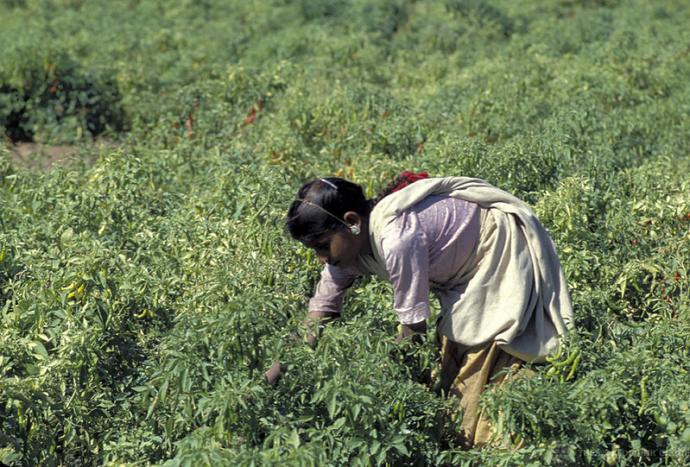28
Jan
Although the industry direct and indirect losses from COVID-19 have not been studied systematically, 2020 marked a difficult and transformative year for the insurance sector. As part of containment measures imposed by the governments to curb the spread of the virus, economies worldwide were forced into lockdown causing inevitable second-order effects of supply chain disruptions, business closure, loss in income and jobs leading to third-order effects of poverty and food insecurity intensifying in the vulnerable communities. In fact, using the latest dataset, the World Bank recently released an




